
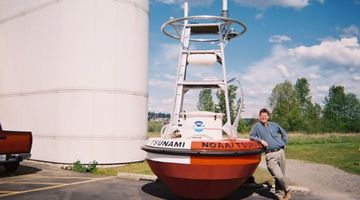
Collecting data is a crucial part of scientific inquiry. To study waves and the ocean sea level, scientists usually gather data through the use of instruments. They collect information about the ...
READ MORE
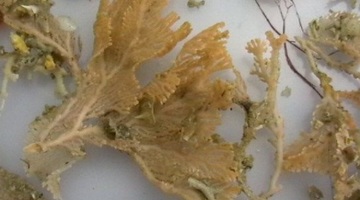
Oceans are becoming more acidic due to increased levels of carbon dioxide (CO2) in the atmosphere. Tiny marine animals called bryozoans may help monitor the impact of ocean acidification on the ...
READ MORE

Feeding relationships are often shown as simple food chains – in reality, these relationships are much more complex, and the term ‘food web’ more accurately shows the links between producers ...
READ MORE

in this activity, a class or group of students create several soundscapes to gain a greater appreciation of how background sound differs from one geographical setting to another. By the end of ...
READ MORE
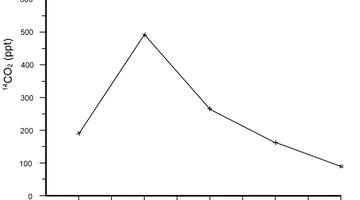
In this activity, students interpret graphs from a long-term study of carbon dioxide in the atmosphere of New Zealand. They explore how the interval between samples affects the conclusions we are ...
READ MORE
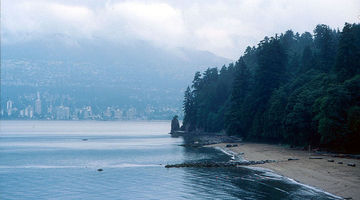
In this activity, students observe the processes of evaporation and precipitation by creating a model that simulates the water cycle. By the end of this activity, students should be able to ...
READ MORE
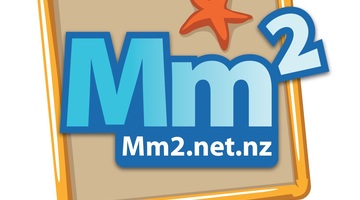
Marine Metre Squared is a New Zealand citizen science project that supports communities to monitor their local seashore. The project has been designed to provide meaningful, valid environmental ...
READ MORE
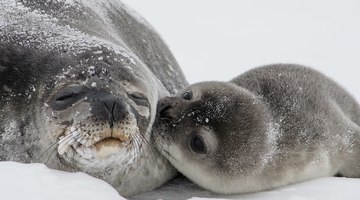
Weddell seals and orca are among the top predators in the Ross Sea region of Antarctica, and more than half of the Weddell seal population can be found in the Ross Sea. Information about changes ...
READ MORE
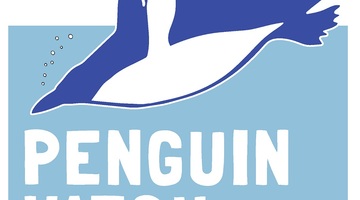
Help scientists establish valuable baseline data about the numbers, locations, habits and health of penguins in a range of Southern Ocean sites. This information will enable better understanding ...
READ MORE
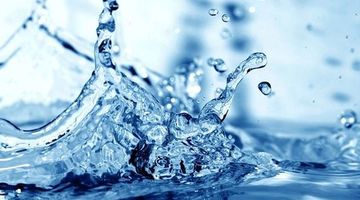
About 70% of Earth’s surface is covered by water. It is found just about everywhere and is the only naturally occurring substance on Earth existing in solid, liquid and gas states. Water is ...
READ MORE
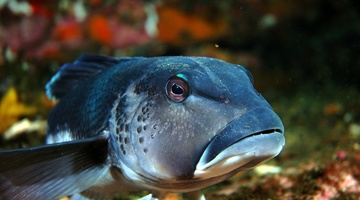
There are many marine classroom activities and resources on the Science Learning Hub useful for Seaweek 2015. This online PD session recorded on 19 February 2015 shows primary and secondary ...
READ MORE

Do you need resources for Seaweek? Are you planning a science unit on the sea? In this online PD session recorded on 18 February 2016, PD provider and teacher Barb Ryan explores some of the ...
READ MORE
In this video, Associate Professor Stephen Wing, from the University of Otago, talks about how our understanding of food webs has changed over the years. We now have a much better understanding ...
READ MORE
Postdoctoral fellow at Auckland University’s Leigh Marine Lab Dr Craig Radford explains how fish use sound to navigate towards reef habitats. He talks about the distances that sound can travel ...
READ MORE
Prof John Montgomery and Dr Craig Radford talk about why they conduct research on reef noise. They discuss the potential for their findings and how modern noises can interfere with the settlement ...
READ MORE
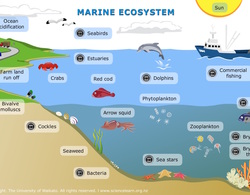
Explore this interactive diagram to learn more about life in the sea. Click on the different labels to view short video clips or images about different parts of the marine ecosystem. Select here ...
READ MORE
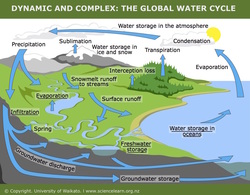
Water in the Earth system is influencing all aspects of life on Earth. Pathways, storage, transfers and transformations have an effect on the global climate and human welfare. Within this ...
READ MORE
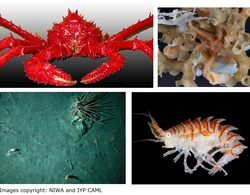
This short slideshow shows some of the animals found in the Antarctic benthic zone. Use the Slideshow menu for further options, including view full screen, and go here for the download option.
READ MORE